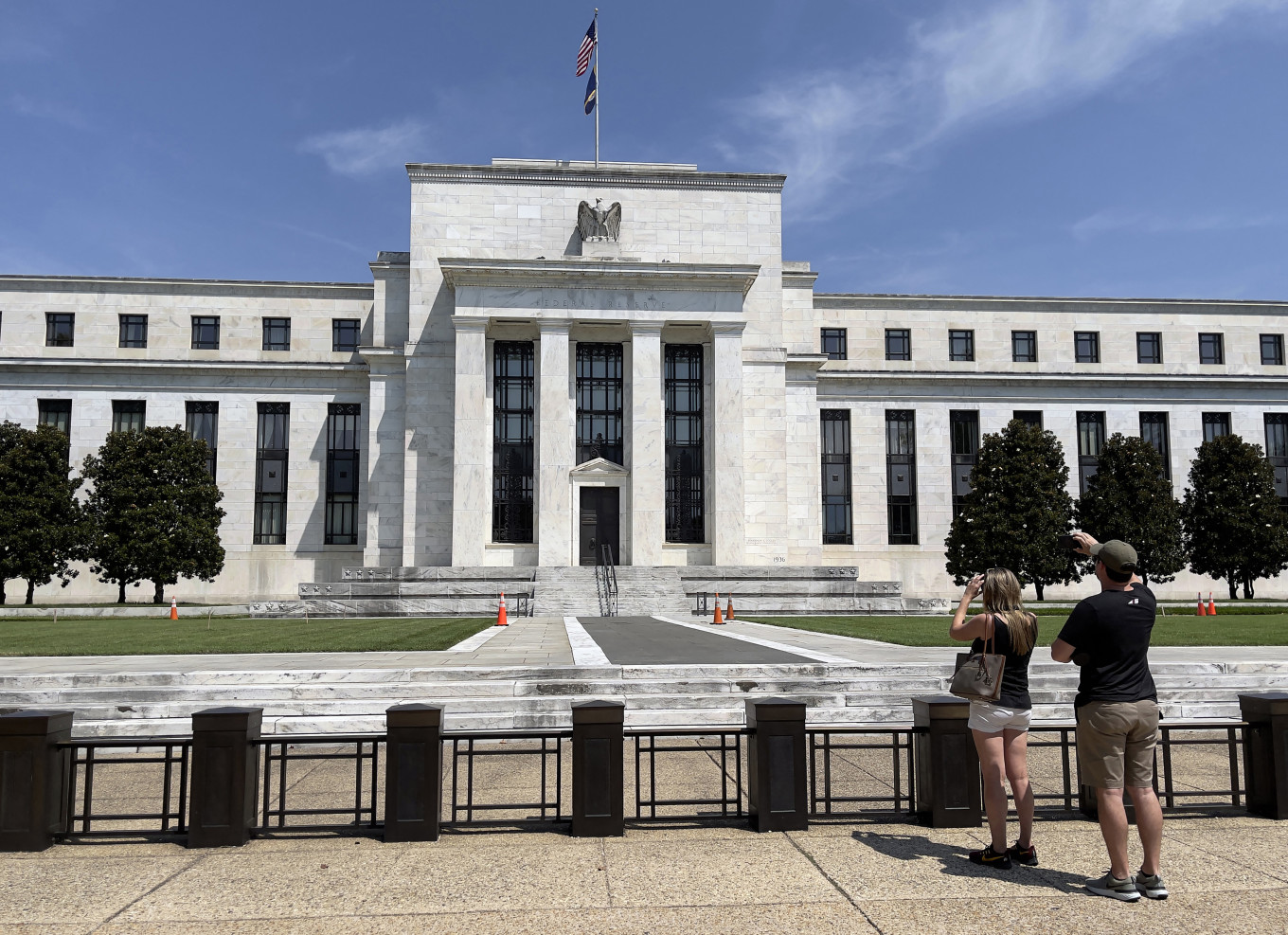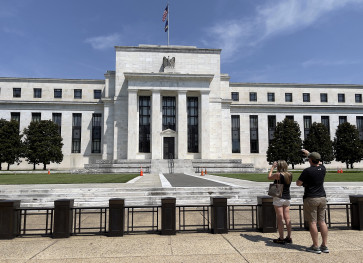Popular Reads
Top Results
Can't find what you're looking for?
View all search resultsPopular Reads
Top Results
Can't find what you're looking for?
View all search resultsFed taper fears: How vulnerable is Indonesia’s economy?
A narrower current account deficit, still muted inflation and a lower share of foreign portfolio investment suggest Indonesia is now in a stronger position than it was in 2013 to face US monetary tightening. But then there’s COVID-19.
Change text size
Gift Premium Articles
to Anyone
A
much stronger current account should, in principle, help Indonesia deal with the effects of a United States Federal Reserve (Fed) taper better than it did in 2013, after the last financial crisis. This time around, however, the COVID-19 pandemic has created new vulnerabilities.
Following talk in May 2013 about the Fed winding down its bond purchases, Indonesia and other emerging markets, especially Brazil, India, South Africa and Turkey, saw capital outflows that led to depreciating currencies and a downturn in stock and bond markets, a series of events referred to as the taper tantrum.
Numerous emerging markets had wide current account deficits at the time. Indonesia’s stood at US$9.58 billion, or 4.26 percent of the country’s GDP in the second quarter of 2013, Bank Indonesia (BI) data shows.
The pandemic, however, reduced the current account deficit to $2.23 billion, or a mere 0.77 percent of GDP, in the second quarter of this year. The narrow deficit was largely the result of trade surpluses, as exports rebounded faster than imports.
“The current account deficit in 2013 was above 3 percent of GDP, while right now, it remains below 1 percent of GDP. This supports external resilience, safeguarding the balance of payments and foreign reserves,” Faisal Rachman, an economist at state-owned and publicly listed Bank Mandiri, told The Jakarta Post on Sep. 8.
Read also: BI to reduce liquidity in 2022 as Fed signals taper
Indonesia’s vulnerability in 2013 stemmed in part from the rise in foreign portfolio investment in the preceding years, when the Fed injected large funds into the US economy in response to the 2008 financial crisis.


















